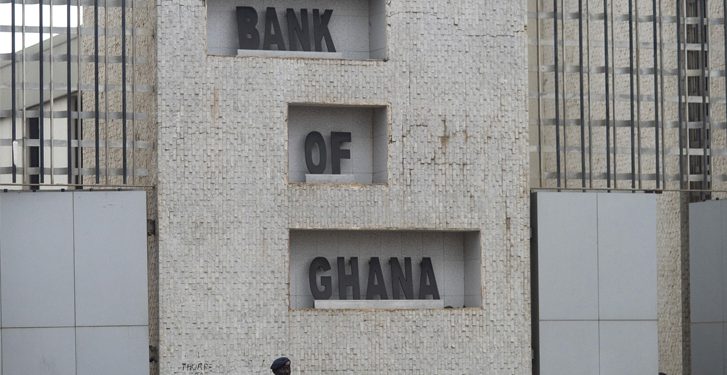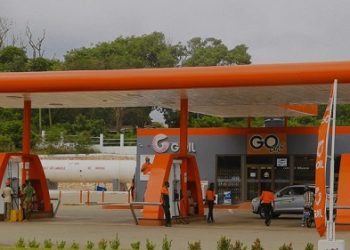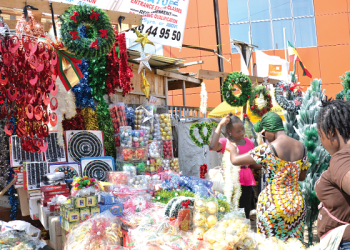The Bank of Ghana’s choice to cut governmentdebt by 50% has been hailed as a vital step that saved the economy and won over allies abroad.
The bank’s action provides a favorable signal to international observers, who were closely following the situation before committing to their own debt remedies, Dr. Philip Abradu-Otoo, Director of Research at BoG, emphasized.
“With BoG being the absorber, the external partners are also watching. Remember they also need to go through some debt treatment but before that they needed to see what will happen to the Bank of Ghana and now that they’ve seen that, it will send a signal to them”, the GNA quotes him as saying.
“With this, I’m sure it will make the process go faster because the biggest policy institution has taken a haircut”, Dr. Abradu-Otoo added.
The BoG’s absorption of losses is likely to hasten the process of resolving debts.
In the year 2022, BoG faced a substantial loss amounting to GHS55.12 billion. This was primarily attributed to the Domestic Exchange Programme(DDEP), which entailed a 50 percent reduction in non-marketable government instruments held by the bank. A similar approach was adopted for marketable instruments held by other financial institutions, resulting in an impairment of GHS48.40 billion.
Further losses were incurred due to fluctuations in exchange rates leading to revaluations of foreign assets.
In spite of these challenges, the Central Bank has expressed its unwavering commitment to upholding policy solvency, effectively managing inflation, and ensuring the stability of the financial sector.
Various measures, including government assistance for recapitalization, are expected to restore equity by the conclusion of 2027.










Discussion about this post